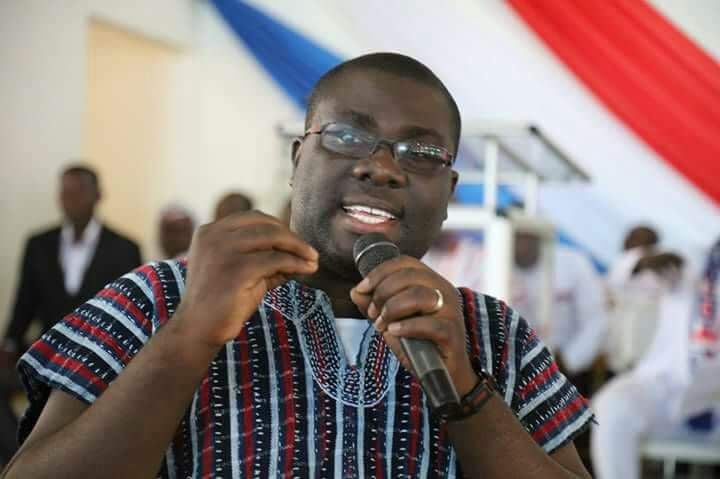The Member of Parliament for Akuapem North, Samuel Awuku, has brought to the forefront a critical issue concerning the Senior High Technical School for the Deaf in Mampong, Ghana’s sole secondary technical institution catering to deaf students. His central concern revolves around the glaring absence of a dedicated legal framework governing the school’s operations. This legislative void, he argues, exposes the institution to a precarious existence marked by inconsistent funding, neglect, and a lack of robust institutional support. This precarious situation not only jeopardizes the school’s ability to effectively deliver quality education but also undermines Ghana’s commitment to ensuring equitable educational opportunities for all, including persons with disabilities, a commitment enshrined in both international and national development goals.
Awuku’s concerns stem from a recent visit to the school, where he participated in an outreach program aimed at promoting inclusive civic education. During his interaction with the students and staff, the absence of a dedicated legal framework emerged as a pressing issue. Currently, the school operates without the protective umbrella of legislation that would guarantee its long-term sustainability through consistent funding, clear policy direction, and robust institutional backing. This legislative gap, Awuku argues, leaves the school vulnerable to shifting political priorities and budgetary constraints, potentially hindering its ability to fulfill its crucial role in providing specialized education for deaf students.
The lack of a legal framework for deaf education in Ghana has significant ramifications. It weakens the nation’s commitment to inclusivity and equitable educational access, placing deaf students at a disadvantage compared to their hearing counterparts. A dedicated legal framework would not only secure funding and provide policy direction but also establish national standards for deaf education, ensuring quality and consistency across the country. It would further mandate inclusive service delivery, removing barriers that prevent deaf students from fully participating in all aspects of educational life.
Awuku’s call for a legislative solution emphasizes the urgency of addressing this issue. He advocates for the development and passage of a bill that clearly defines national standards for deaf education, enforces inclusive practices, and guarantees adequate funding through statutory allocations. Such legislation, he believes, would represent a tangible demonstration of Ghana’s commitment to providing quality education for all its citizens, regardless of disability. It would move beyond merely funding a single school; it would signify a national pledge to uphold the principles of inclusivity, equity, and sustained educational development for a marginalized segment of the population.
This legislative intervention would not only benefit the students of the Senior High Technical School for the Deaf in Mampong but would also have a broader impact on deaf education throughout Ghana. It would lay the foundation for a more robust and inclusive system, ensuring that deaf students have access to the same educational opportunities as their hearing peers. This, in turn, would contribute to their personal development, empower them to participate fully in society, and promote a more equitable and just society for all Ghanaians.
The absence of a dedicated legislative framework for deaf education is a significant barrier to achieving educational equity in Ghana. By highlighting this issue and advocating for legislative action, Samuel Awuku has initiated a crucial conversation about the rights and needs of deaf students. The enactment of such legislation would be a monumental step toward building a more inclusive and equitable educational system, ensuring that deaf individuals have the opportunity to reach their full potential and become contributing members of society. It is a call to action that deserves the full attention and support of the Ghanaian government and parliament.


